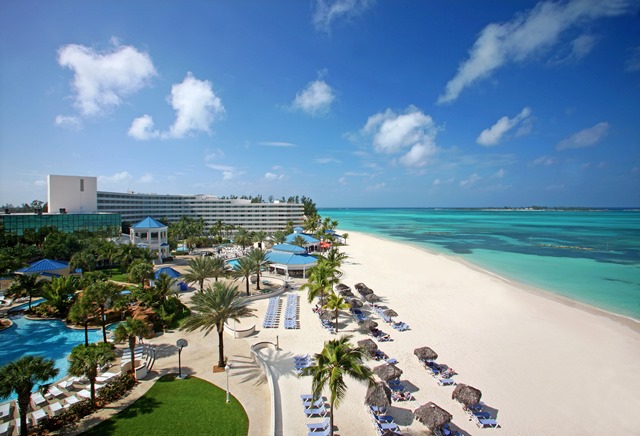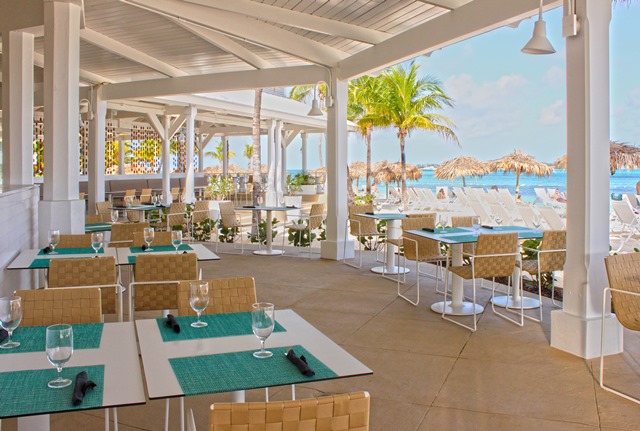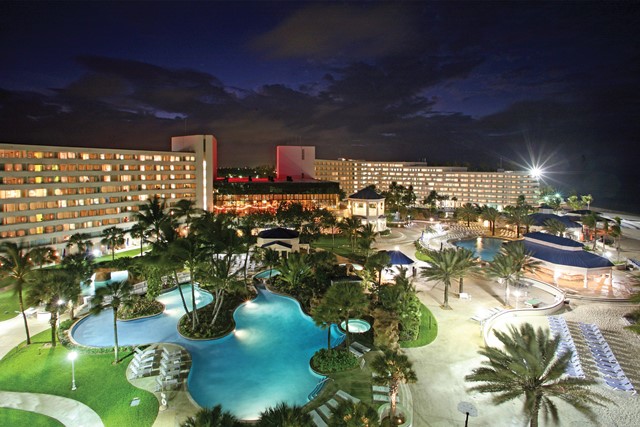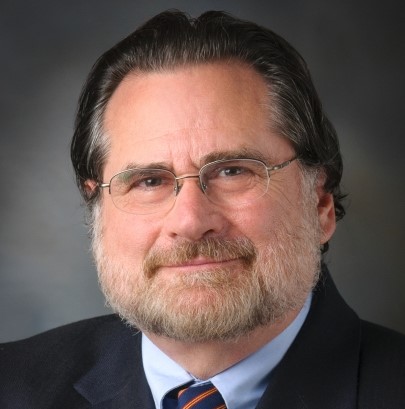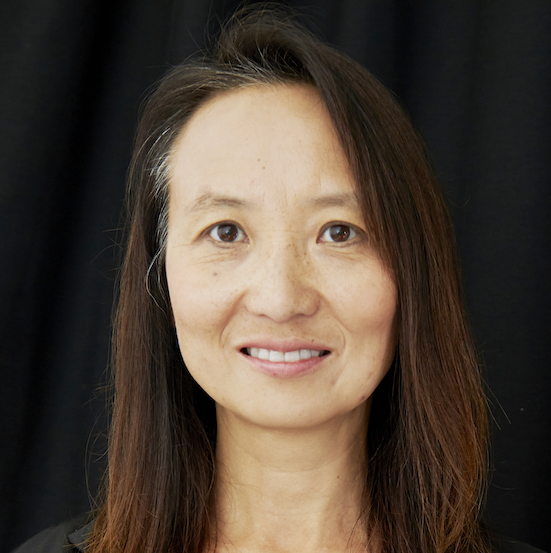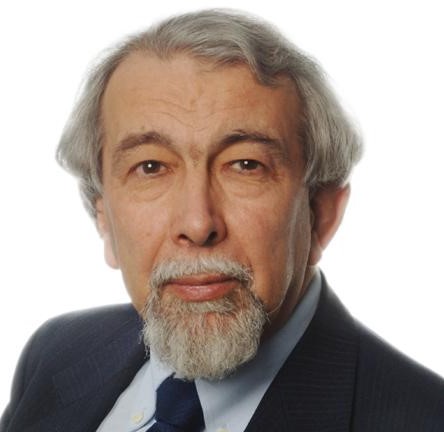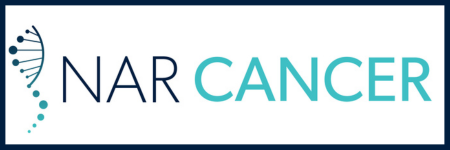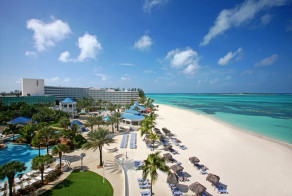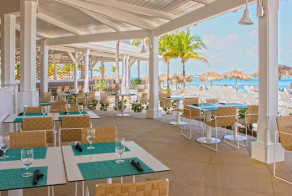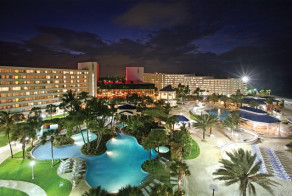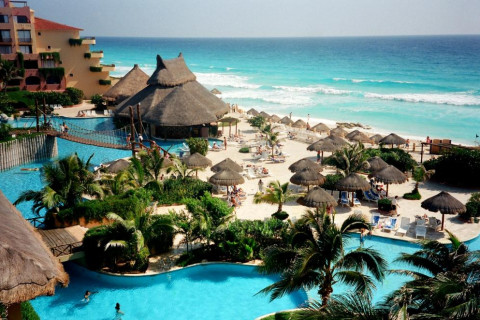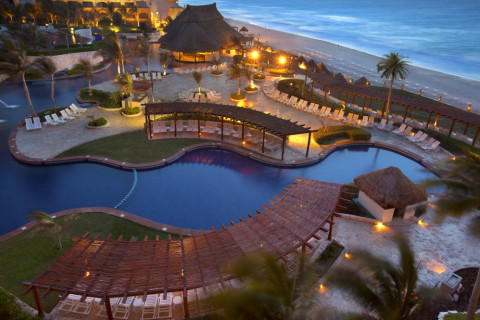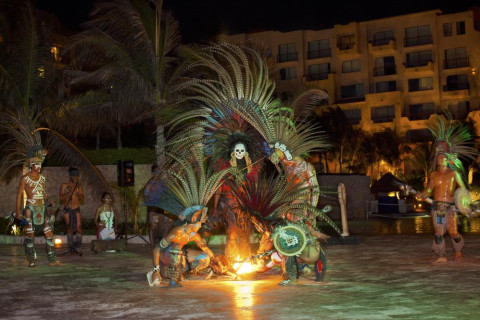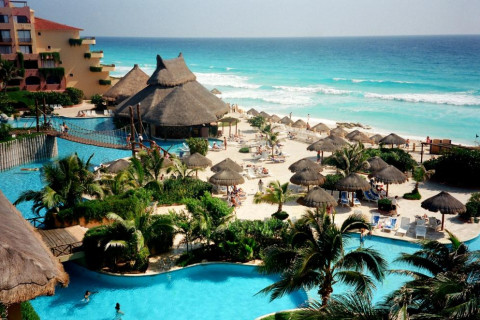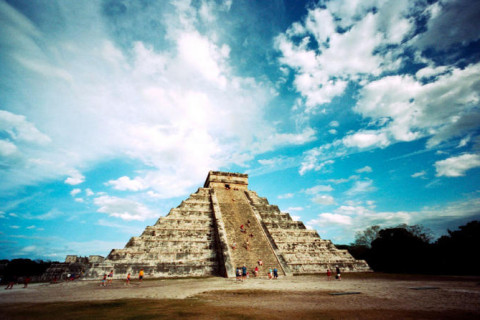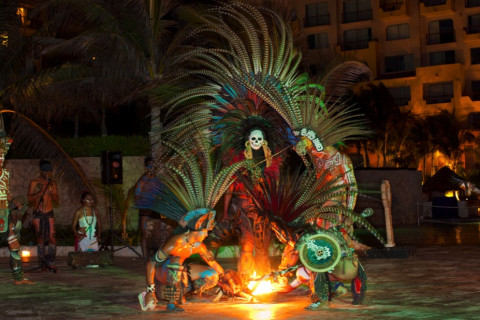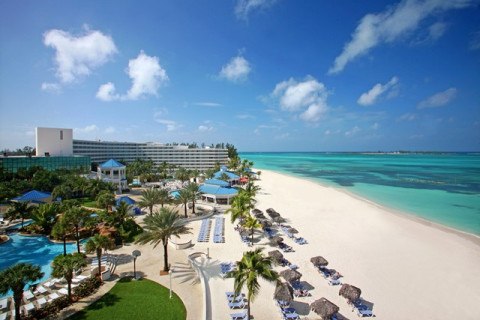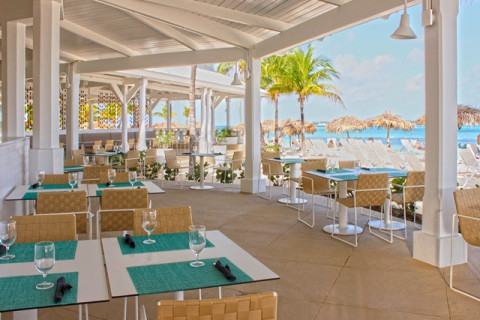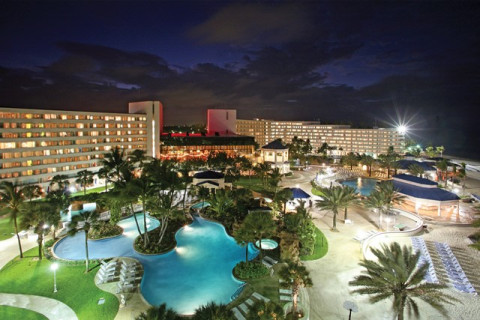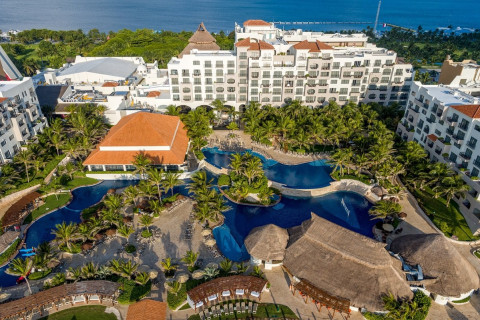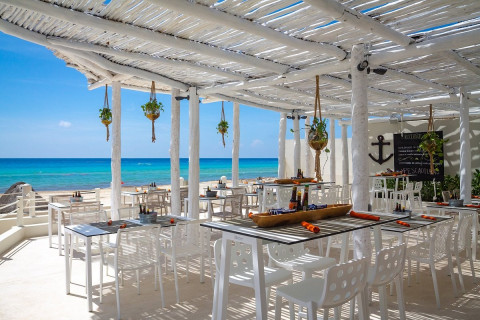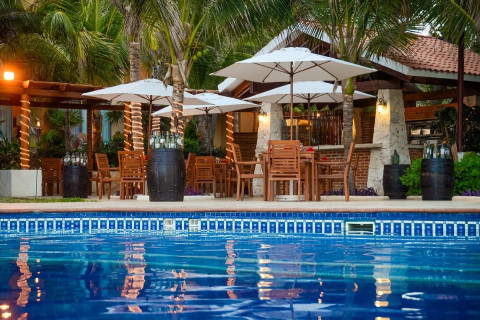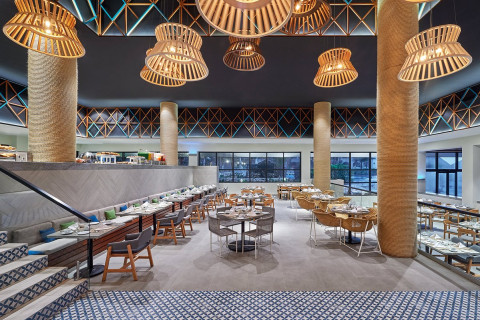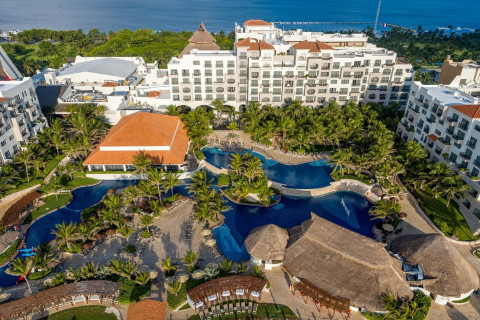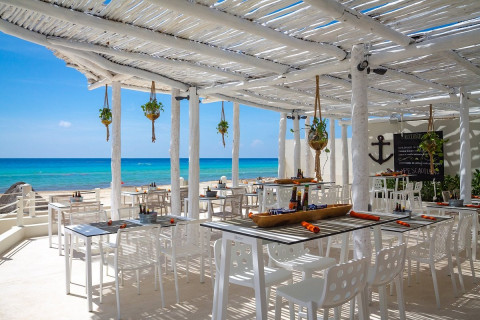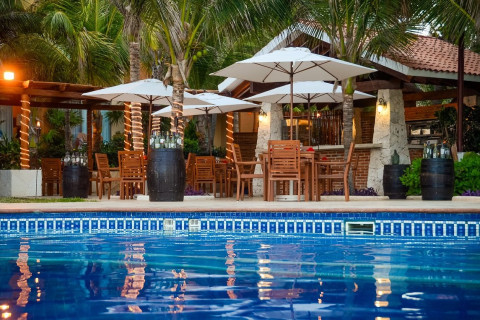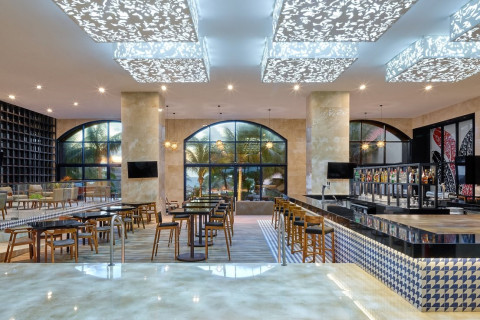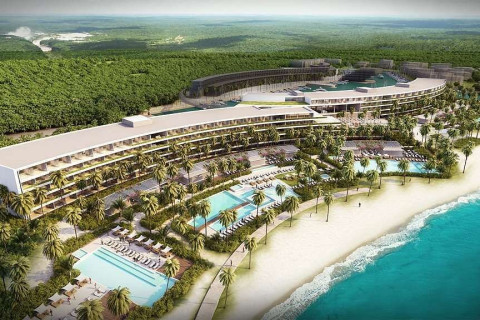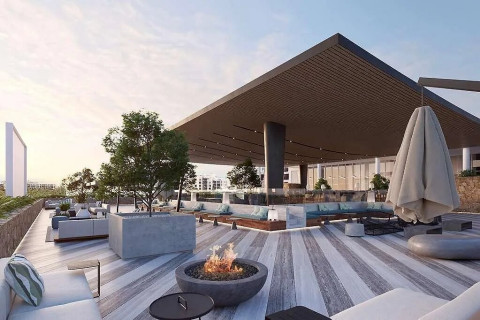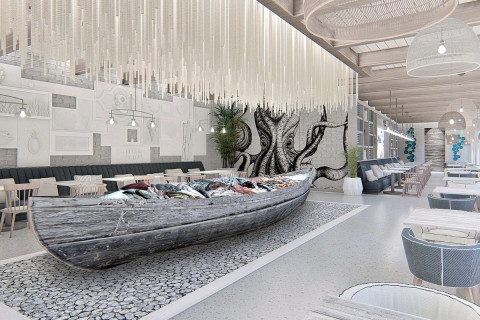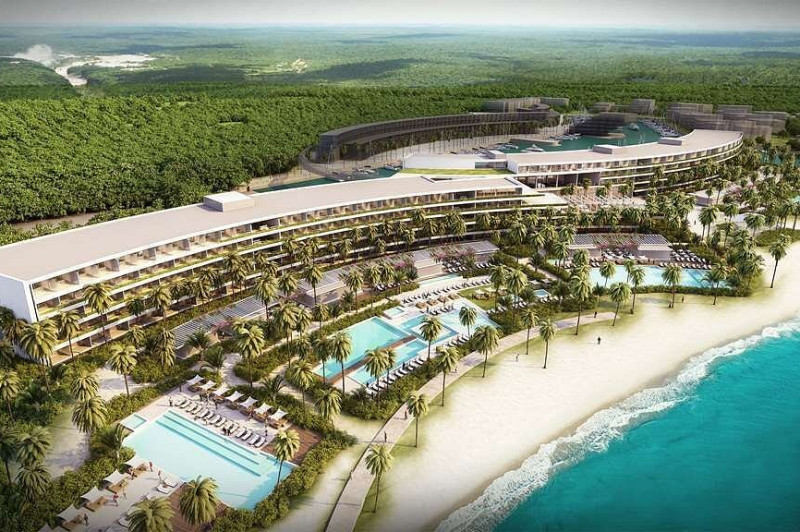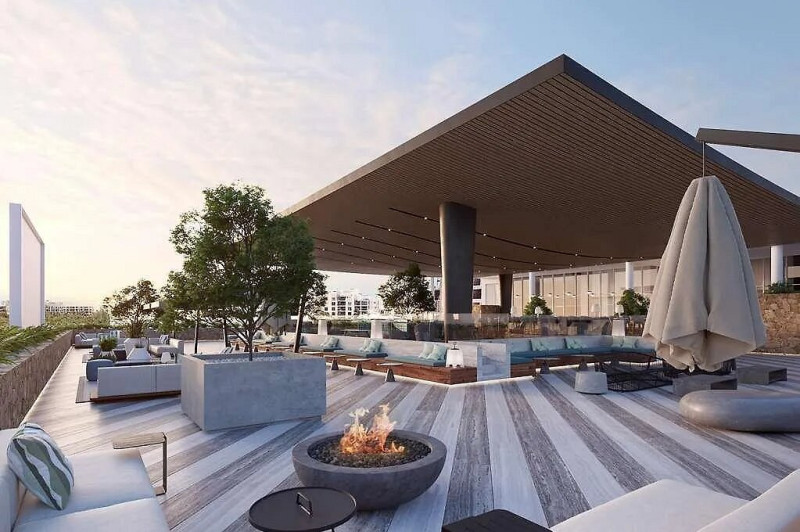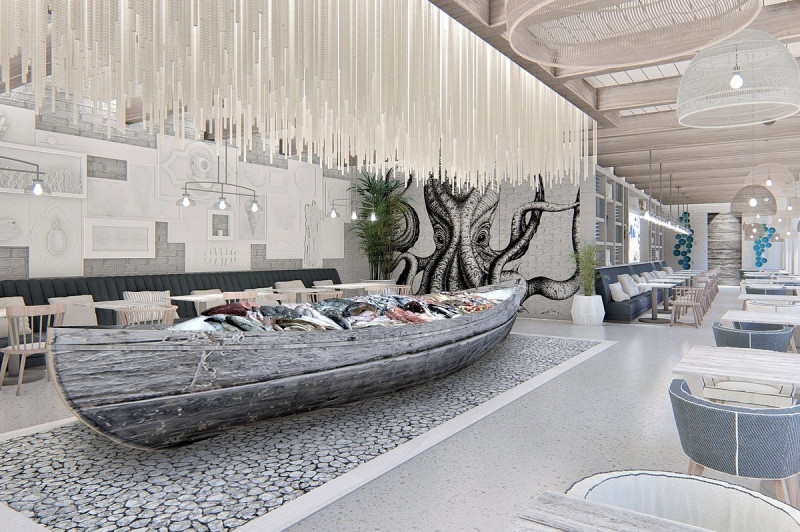- Home
- Past Conferences
- 4th DNA Repair/Replication Structures & Cancer Conference
4th DNA Repair/Replication Structures & Cancer Conference
#DRRSC20
16 Feb - 20 Feb 2020
Nassau, Bahamas
Early Bird - Expired • Talk Submission - Expired • Poster Submission - Expired • Registration & Payment Deadline - Expired
Report
The fourth DNA Repair/Replication Structures and Cancer Conference, which took place in Nassau, Bahamas from 16th to 20th February, 2020, focused on developing a mechanistic knowledge of DNA replication and repair responses to stress that were suitable to guide advanced intervention strategies for cancer. The meeting followed three previous successful conferences with organisers, Professor John Tainer (Director, Sibyls Advanced Light Source, Professor and Director of Structural Biology, MD Anderson Cancer Center, Houston, Texas, USA) and Professor Sir Tom Blundell (FRS, FMedSci, Department of Biochemistry, University of Cambridge, UK) joined by Professor Xiaodong Zhang from Imperial College London.
The meeting proved to be a most productive meeting with the focus now further broadening from the core structural biology and mechanisms of the earlier conferences towards understanding the cellular mechanisms of DNA replication, damage responses and cancer as well as therapeutic strategies and approaches based on mechanistic understandings. It featured a formidable group of leading researchers and many excellent PhD students and post-docs from USA, UK, Netherlands, Poland, Germany, Switzerland, Saudi Arabia, Canada, Japan, France, Sweden, Australia, Finland, and Portugal. The meeting attracted 129 participants in total of which 33% were junior investigators. We were also extremely proud to have a strong gender balance with 43% female and 57% male. The quality of the talks was uniformly high, and there was a large amount of high quality unpublished data, which reflected current new developments in basic science that underpin and inform our understanding of cancer. Thus, Titia de Lange (The Rockefeller University) noted in her talk that “the great thing about this meeting is that there is so much unpublished data.” This fact makes the meeting extremely cost effective in providing participants with knowledge and methods months or years before its publication. Indeed, leading and early stage researchers had in depth and specific discussions about controversies and gaps in our knowledge, such as the likely rate limiting steps for repair pathways and the role of damaged RNA as the canary in coal mine, thus providing views and information distinct from those that end up in publications. Other exemplary advanced discussions included the mechanisms of mismatch recognition, the presence and effects of phase transitions, and the importance of RNA damage in cancer methylating agents.
With a solid foundation from prior conferences and the invaluable additional guidance from Xiaodong Zhang, this was probably the most impressive meeting of our series in terms of active participation of both research leaders and early career researchers in the lively and sometimes thought-provoking discussions that followed each of the talks given. As for example, seen by the intense discussion about mismatch repair complexes and how they inform the biology with cancer therapy implications. The conference format with protected discussion times after every talk and informal discussion breaks was great to meet and ask questions during the conference as well as the meals and the afternoon breaks. Many fruitful discussions and planning for collaborations continued at the pool and on the beach. Excitement throughout the sessions was high due to dramatic advances in structures of DNA repair complexes as included in structures were presented of ATM, ATR and DNA-PKcs kinases at the conference. In fact, a timely review comparing all PIKKs is now planned to come from these conference presentations. Tom Blundell presented informative X-ray and EM structures of DNA-pk and its complexes with Ku and Artemis. Furthermore, clever combinations of different approaches provided the means to see the whole elephant for several complexes, rather than part, and moreover at times to see the elephant moving rather than frozen in one position. Science editor Valda Vinson enlightened investigators at all stages by unveiling how to write cover letters and the editor’s considerations in rejecting manuscripts or selecting them for review and then publication.
Voted by the participants were three junior researchers Noah Bradley (Vanderbilt University), Brittany Ripley (University of Iowa) and Ondrej Belan (The Francis Crick Institute) who were awarded the Junior Investigator Award for their active participation and excellent questions during the meeting. Noah Bradley commented on the extensive student/post-doc involvement saying “the organizers made certain that the junior investigators had the first opportunities to ask questions after each talk. It was very clear that involvement of the younger scientists was a goal for this meeting, and it was achieved.” Apart from the talks, the poster sessions and the one-minute poster bite, when each poster presenter described their poster within one minute, provided opportunities for presentations, engaging discussions and interactions among all the participates. The quality of the posters was exceptionally high, and five posters and their presenters, Noah Bradley (Vanderbilt University), Marijke Jansma (Ludwig-Maximilians-Universität München), Namrata Kumar (University of Pittsburgh), Luke Yates (Imperial College London) and Martin Wilkinson (Imperial College London), were voted to receive the poster awards. A huge achievement considering that there were 51 posters to consider. Thank you to Nucleic Acids Research and Nucleic Acids Research Cancer for supporting two of these awards. The poster sessions definitely contributed greatly to the success of the meeting. Many participates at all career levels joined the dance floor and enjoyed the lively entertainment after the beautiful Gala dinner on the beach.
We were sorry to lose our Chinese speakers and participants as well as a few others due to the coronavirus epidemic. Yet, we are aware that there are extremely active research teams now developing there, and plan to involve them in the next conference. We are also aware that we need in future to be more proactive in recruiting from other countries in Europe as well as in South America, Africa, India, South East Asia and Australia/New Zealand.
As in prior meetings of this series, this DNA repair conference focused on mechanisms, and not simply a laundry list of structures and proteins. The speakers sought understanding of how these proteins work in cells, as opposed to providing only a list of what are the proteins involved. Although there was a wide range of techniques applied, the molecular mechanisms for function was a constant theme. Even those participants who were most familiar with the mechanisms of loss of stability through DNA damage to the human genome were impressed by the extensive and deep understanding of new mechanisms presented at this meeting. As noted in our previous conferences, the area of DNA replication is further developing as a complex but fragile process. This and the gene essentiality and synthetic lethality - information that identifies the combination of genes whose deletion inhibits cell growth resulting from the replication-repair stresses underlines a variety of new mechanisms that could be exploited, and in some cases are already being exploited, in the design of advanced therapeutics.
The meeting started with a Student/Postdoc networking lunch. Each of the four days of meetings focused on new developments with internationally renowned speakers. They ranged through replication instability and cancer to Fanconi Anemia and the repair/replication interface to RNA transcription and repair, as well as DNA double-strand break repair through homologous recombination and non-homologous end joining and chromatin remodeling. There were equally stimulating talks on the broader aspects of cancer biology as well as strategies for intervention and design of therapeutics. The keynote lectures given by Wei Yang and Karl-Peter Hopfner on replisome and Mre11-Rad50 respectively stimulated lively discussions. They provided unpublished data and integrated insights that inspired discussion and set the tone for conference and other talks. For example, Karl-Peter Hopfner’s presentation on structures of MRE11/Rad50 advanced current understanding of how Rad50 regulates the Mre11 endo and exonuclease activities and how the Rad50 coiled coil enforces double-stranded specificity onto the endonuclease activity. Instead of having MRE11 alter the DNA binding surface for a particular specificity, the Mre11-Rad50 complex dramatically swings its nuclease domain to the other side of the protein and thereby positioning it for a completely different substrate specificity. Also remarkable was the control of DNA substrate specificity using the Rad50 coiled coil domains, whereby the full coil-coil extending to the Zn hook zips down all the way to the DNA to fully validate its substrate.
We went away with new ideas and suggestions for our research team members who were unable to join. It is evident that the meeting will have an impact on international research development through the new ideas generated but most importantly by the establishing and strengthening of many friendships and collaborations. The organisers thank MD Anderson Cancer Center, ThermoFisher Scientific, DNA & Cell Biology, Journal of Cell Biology, Methods in Enzymology, LUMICKS, New England BioLabs, Nucleic Acids Research, Nucleic Acids Research Cancer and Progress in Biophysics and Molecular Biology for their generous enabling financial support. They also thank once again Fusion Conferences Ltd for their excellent organisation, helpful interactions with the organisers and participants both before and during the meeting. The absence of problems in all aspects of the presentations meant all participants could focus on the advanced science and technologies. As before, Fusion was able to choose a site providing an inspiring and relaxed atmosphere for the productive interactions.
“Thank you so much for organizing once again such a spectacular meeting. There was not a dull moment, there was not an awkward moment. The talks were uniformly outstanding. The atmosphere was positive and collegial throughout, from breakfast conversations to coffee breaks to poster sessions to question time. My student James was definitely left starry-eyed. Thanks again for including us. Congratulations on a brilliant job!”
Antonia Kefala Stavridi (University of Cambridge) has very kindly written a blog about her experience at the conference and she shares a very interesting perspective from a student standpoint on why this meeting was so beneficial and valuable to her. Read Tonia’s blog here.
Synopsis
The remarkable stability of the human genome is lost in cancer cells due to the failure of efficient and accurate DNA repair in the context of oncogene-induced replication stress and elevated transcription. Intertwined roles of repair with replication and transcription are emerging for dynamic complexes acting in genome stability and its loss in cancer. Moreover, the synthetic lethality and essentiality resulting from replication-repair stresses suggest strategies to define and predict pathway selection and damage outcomes as a foundation for advanced therapeutics that target Achilles heels for cancer.
The 4th DNA Repair/Replication Structures & Cancer conference in February 2020 will focus on structural and mechanistic insights into dynamic protein, chromatin, DNA and RNA complexes acting in DNA repair and its interface with DNA replication and transcription events relevant to cancer. This fundamental information will be pivotal for the accurate interpretation of cancer clinical data, design of clinical trials, prognosis, etiology and improving the currently 1/20 low success rate for oncology drug clinical trials. Informative talks and poster sessions along with vibrant discussions will foster productive interactions and collaborations.
All presenters are asked to focus on unpublished work, cutting-edge approaches and novel mechanistic insights that aid prediction of biological outcomes and plans to best apply basic research advances for cancer research and treatment. To include late-breaking advances and innovating new investigators, one or more talks for every session will be selected from submitted abstracts. Meeting attendance is limited. Applicants strongly encouraged to submit applications and abstracts early.
What makes this meeting unique? Professor Ben Van Houten from the University of Pittsburgh says:
‘I can honestly say your meeting, by combining hard core structure-function studies with beautiful biology, hits an important area that many meetings miss; being part of that science is just terrific.’
Key Sessions
Sessions will include emerging results and breakthrough methods concerning:
- Repair and replication complexes, structures and mechanisms
- RNA damage responses and actions in repair
- Mutational signatures, DNA repair, and cancer
- Intertwined interactions in transcription-replication-repair
- DNA damage signaling, pathway selection & cross-talk
- Targeting synthetic lethality and essentiality for damage responses
- Chromatin structures and dynamics in repair and cancer
- Epigenetics, DNA damage and repair
- PARP, PARG, and metabolic signaling
- Mitochondrial replication/repair and damage signaling
- DNA repair, apoptosis and cancer
Students & Postdocs
To encourage students and fellows to register and present their work, we offer them the following reduced registration options:
- Register at the student rate. You will receive a reduced rate and be paired with another student or postdoc (or you may specify a room sharer). This saves money and allows you to get to know a colleague.
- Register at the special student rate. Fully paying academics may bring one student or postdoc at a heavily discounted price of $900 from their lab or institute.*
- Register at the academic rate. This entitles you to a single room and a chance of receiving a $150 grant against your registration fees. Chairs will award 10 grants shortly after the registration deadline falls (16 Dec 2019). All postdoc and student registrants at the academic rate will be considered.
*Fully paying academics can bring a student for only $900. Both registration packages include; accommodation for the 16, 17, 18, 19 Feb 2020 (on a shared basis for students) and a 24hour all-inclusive food and beverage package for the conference period. Once registered, please contact Laura Trundle to obtain a special registration link for your student.
Confirmed Plenary Speakers
Karl-Peter Hopfner (Ludwig-Maximilians-University Munich)
STRUCTURAL STUDIES OF CHROMATIN REMODELLER
Wei Yang (NIH)
REPLISOME STRUCTURE AND OPERATING PRINCIPLES
*Talk titles are subject to change.
Confirmed Invited Speakers
Lorena Beese (Duke University School of Medicine)
DNA MISMATCH REPAIR MACHINES
James Berger (Johns Hopkins University)
(UN)STRUCTURAL MECHANISMS FOR INITIATING DNA REPLICATION
Walter Chazin (Vanderbilt University)
STRUCTURE AND MECHANISM OF THE CORE SCAFFOLDING OF NER
Junjie Chen (University of Texas MD Anderson Cancer Center)
TARGETING DNA DAMAGE RESPONSE PATHWAYS IN CANCER THERAPY
Irene Chiolo (University of Southern California)
NUCLEAR AND CHROMATIN DYNAMICS FOR HETEROCHROMATIN REPAIR
Titia de Lange (The Rockefeller University)
THE ROLE OF CST IN PARP1-TREATMENT OF BRCA1 MUTANT CANCERS
Sylvie Doublie (University of Vermont)
SHAPING THE GENOME THROUGH DNA REPAIR
Brandt Eichman (Vanderbilt University)
REPAIR AND TOLERANCE OF REPLICATION STALLING LESIONS
Dorothy Erie (University of North Carolina at Chapel Hill)
SINGLE-MOLECULE FLUORESCENCE AND AFM STUDIES OF DNA MISMATCH REPAIR
Samir Hamdan (KAUST)
STRUCTURAL BASES OF THE HUMAN LAGGING STRAND DNA POLYMERASE HOLOENZYME
Caroline Kisker (University of Würzburg)
THE MULTIFACETED CONTROL OF THE TFIIH HELICASE XPD IN NUCLEOTIDE EXCISION REPAIR AND TRANSCRIPTION
Stephen Kowalczykowski (University of California, Davis)
SEEING AND UNDERSTANDING BRCA1, BRCA2, AND RAD51, ONE MOLECULE AT A TIME
Meindert Lamers (Leiden University Medical Center)
STRUCTURAL FEATURES OF HIGH-FIDELITY DNA REPLICATION
Susan Lees-Miller (University of Calgary)
NOVEL ROLES OF DNA-PKcs
Jo Morris (University of Birmingham)
MECHANISTIC INSIGHTS OF BRCA1 FUNCTION
Mark O'Connor (AstraZeneca)
OVERCOMING PARPINHIBITOR RESISTANCE BY TARGETING THE REPLICATION STRESS RESPONSE
Taiana Oliveira (AstraZeneca)
STRUCTURAL INSIGHTS INTO THE CRITICAL DNA DAMAGE SENSORS DNA-PKCS, ATM AND ATR
Lori Passmore (MRC Laboratory of Molecular Biology)
STRUCTURES OF KEY COMPLEXES IN FANCONI ANEMIA DNA REPAIR
Susan Rosenberg (Baylor College of Medicine)
TRAPPING DNA REACTION INTERMEDIATES IN LIVING CELLS
Katharina Schlacher (University of Texas MD Anderson Cancer Center)
BREAST CANCER AND FANCONI ANEMIA SUPPRESSOR GENE STRUCTURE, MECHANISM AND FUNCTION IN CANCER PREDICTION AND DISEASE MODELING
Titia Sixma (Netherlands Cancer Institute)
ALLOSTERIC REGULATION OF USP1 ACTIVITY
Terence Strick (CNRS)
NANOMECHANICAL DETECTION OF SINGLE- AND DOUBLE-STRAND BREAK REPAIR
Ben Van Houten (University of Pittsburgh)
WATCHING COOPERATIVE INTERACTIONS BETWEEN BASE AND NUCLEOTIDE EXCISION REPAIR PROTEINS
Valda Vinson (American Association for the Advancement of Science)
OPENING THE BLACK BOX: AN EDITOR’S PERSPECTIVE ON SCIENTIFIC PUBLISHING
Bin Wang (University of Texas MD Anderson Cancer Center)
UBIQUITIN MODIFICATION IN DNA DAMAGE RESPONSE
Stephen West (The Francis Crick Institute)
SENSITISATION OF BRCA-DEFICIENT CANCER CELLS BY TARGETING NUCLEOTIDE METABOLISM
Dale Wigley (Imperial College London)
STRUCTURAL AND MECHANISTIC STUDIES OF THE SWR1 HISTONE EXCHANGE COMPLEX
Scott Williams (NIH)
DOES FIDELITY MATTER IN THE END? MOLECULAR PRINCIPLES OF DNA LIGATION FIDELITY
Rick Wood (University of Texas MD Anderson Cancer Center)
DNA POLYMERASES AND CANCER
*Talk titles are subject to change.
Confirmed Speakers
Chairs
Plenary Speakers

Karl-Peter Hopfner
Professor, Gene Center
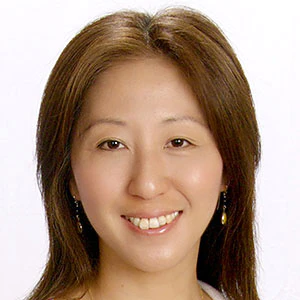
Wei Yang
Section Chief, National Institutes of Health
Invited Speakers
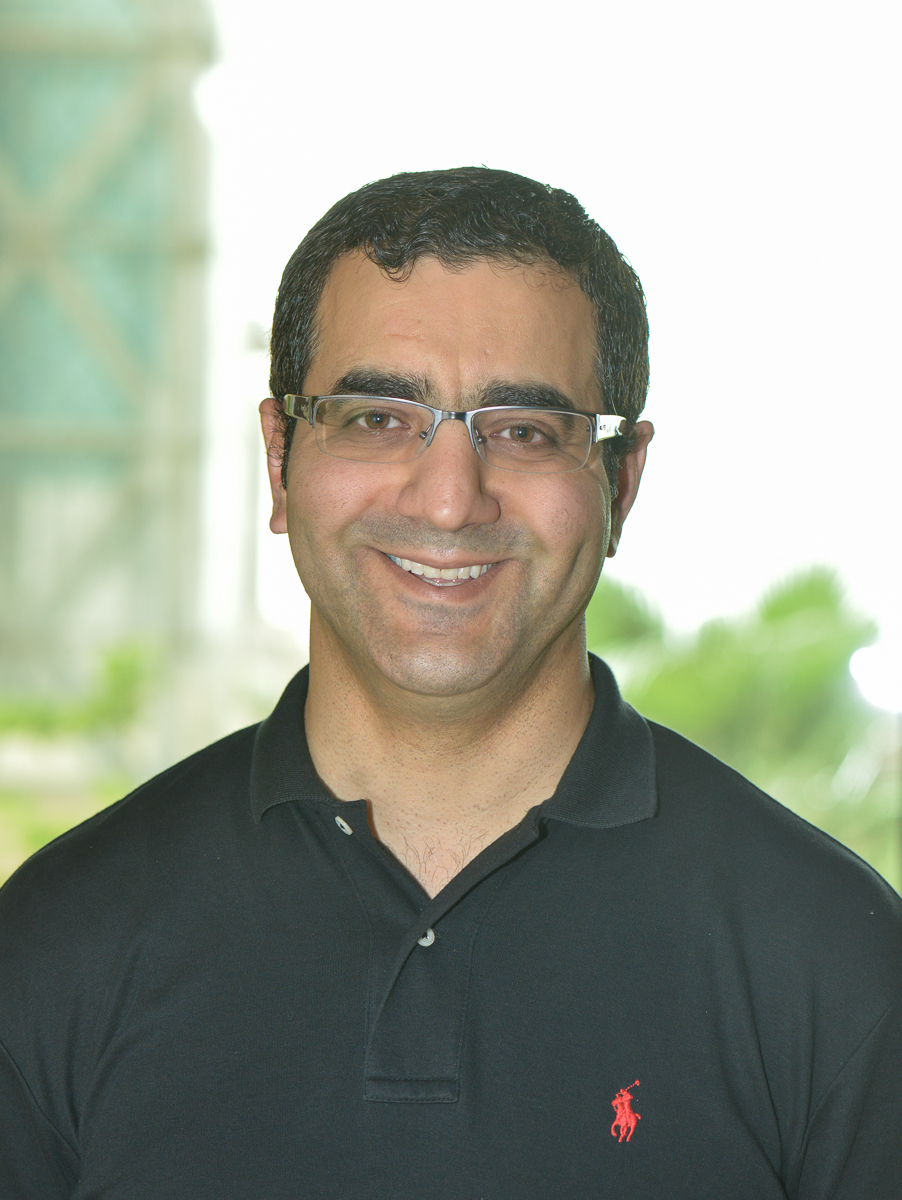
Samir Hamdan
Assistant Professor of Bioscience, King Abdullah University of Science and Technology
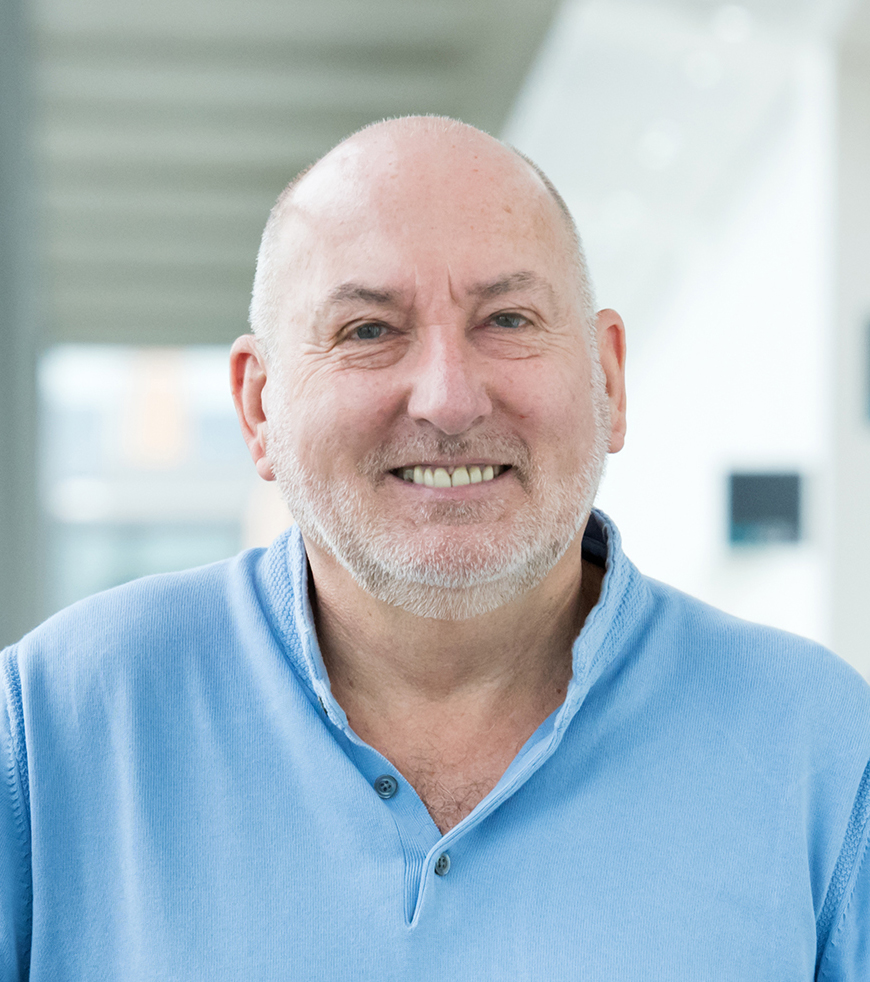
Steve West
Principal Group Leader, Francis Crick Institute
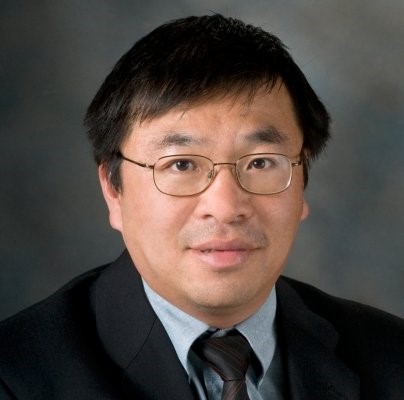
Junjie Chen
Professor and Chair, The University of Texas MD Anderson Cancer Center
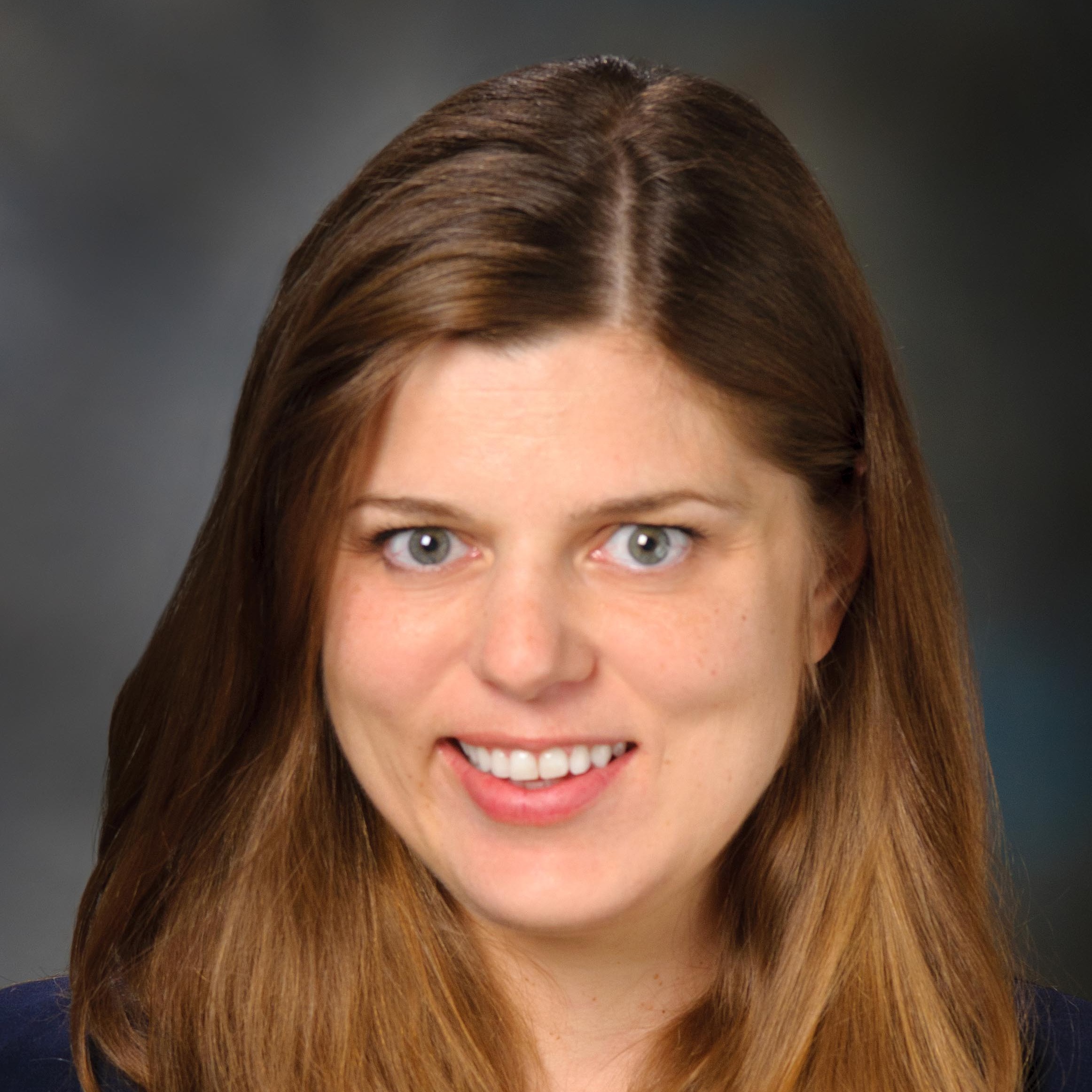
Katharina Schlacher
Associate Professor, MD Anderson Cancer Center
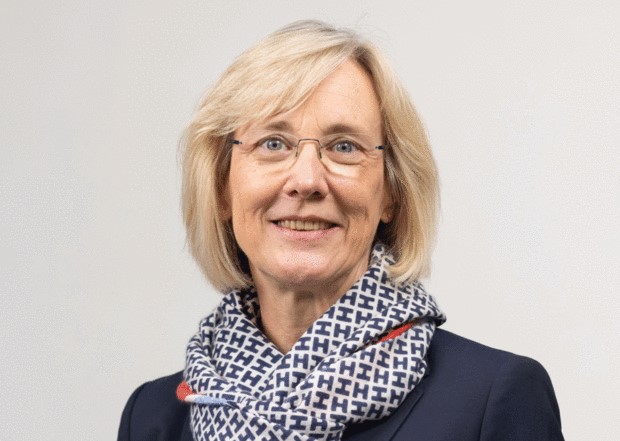
Caroline Kisker
Professor, University of Wuerzburg
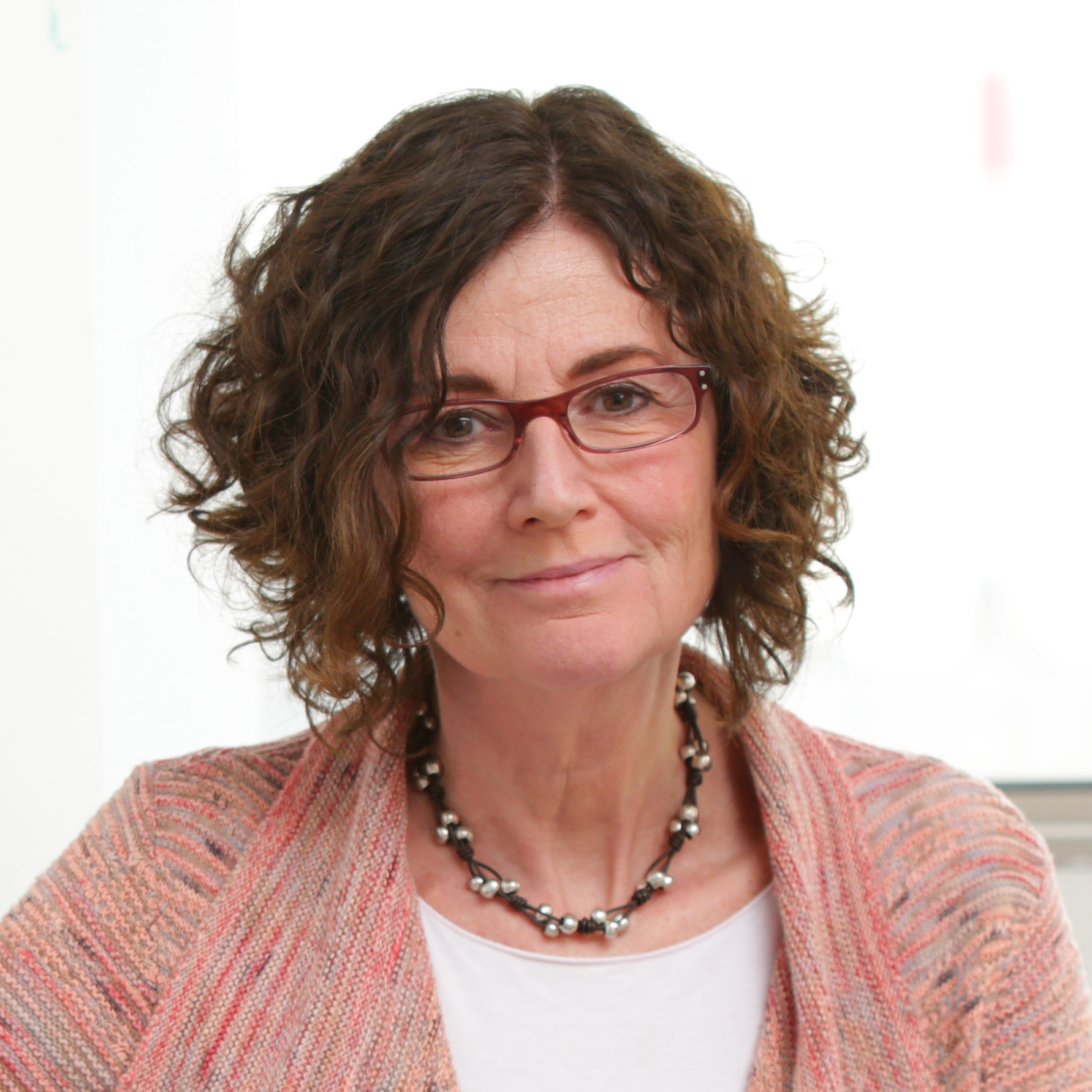
Titia de Lange
Leon Hess Professor, The Rockefeller University
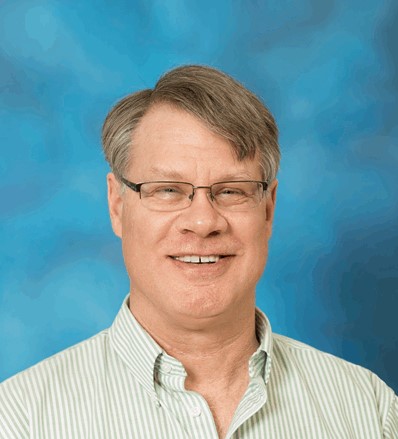
Ben Van Houten
Richard M. Cyert Professor of Molecular Oncology, UPMC Hillman Cancer Center
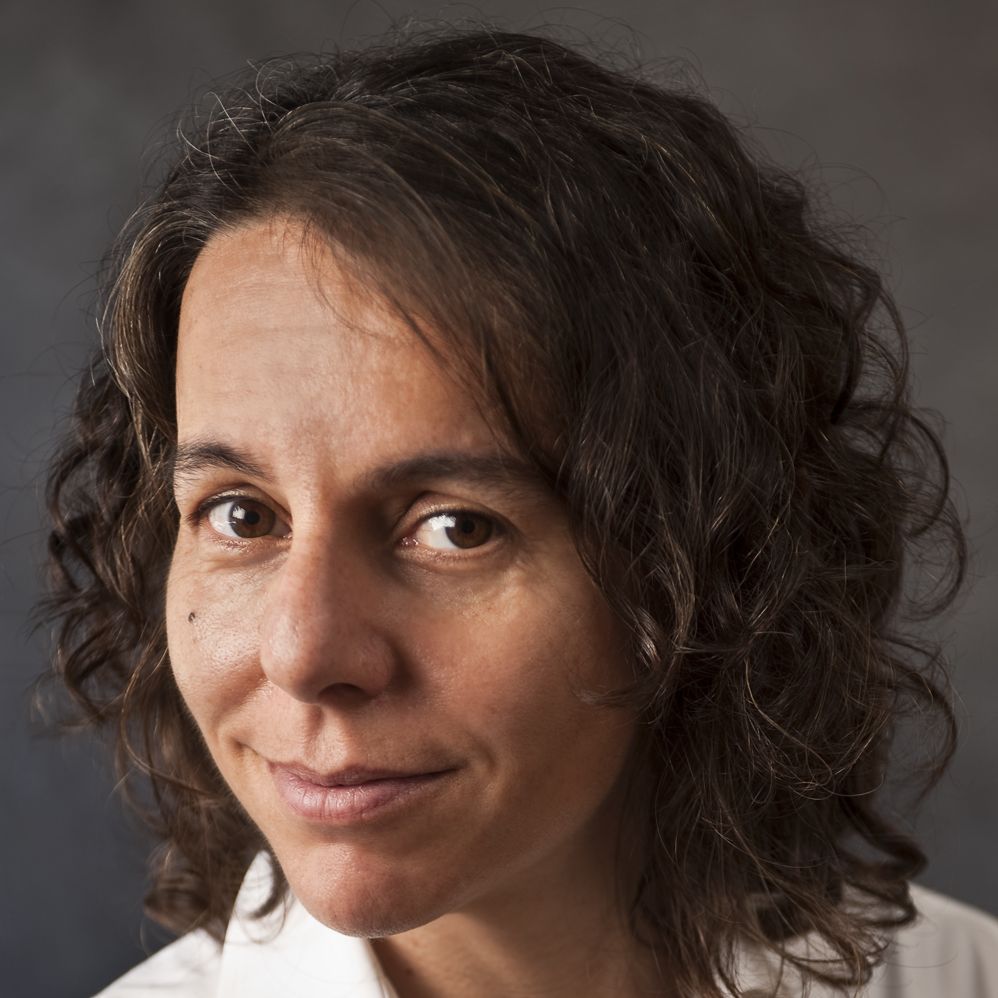
Susan Rosenberg
Professor, Baylor College of Medicine
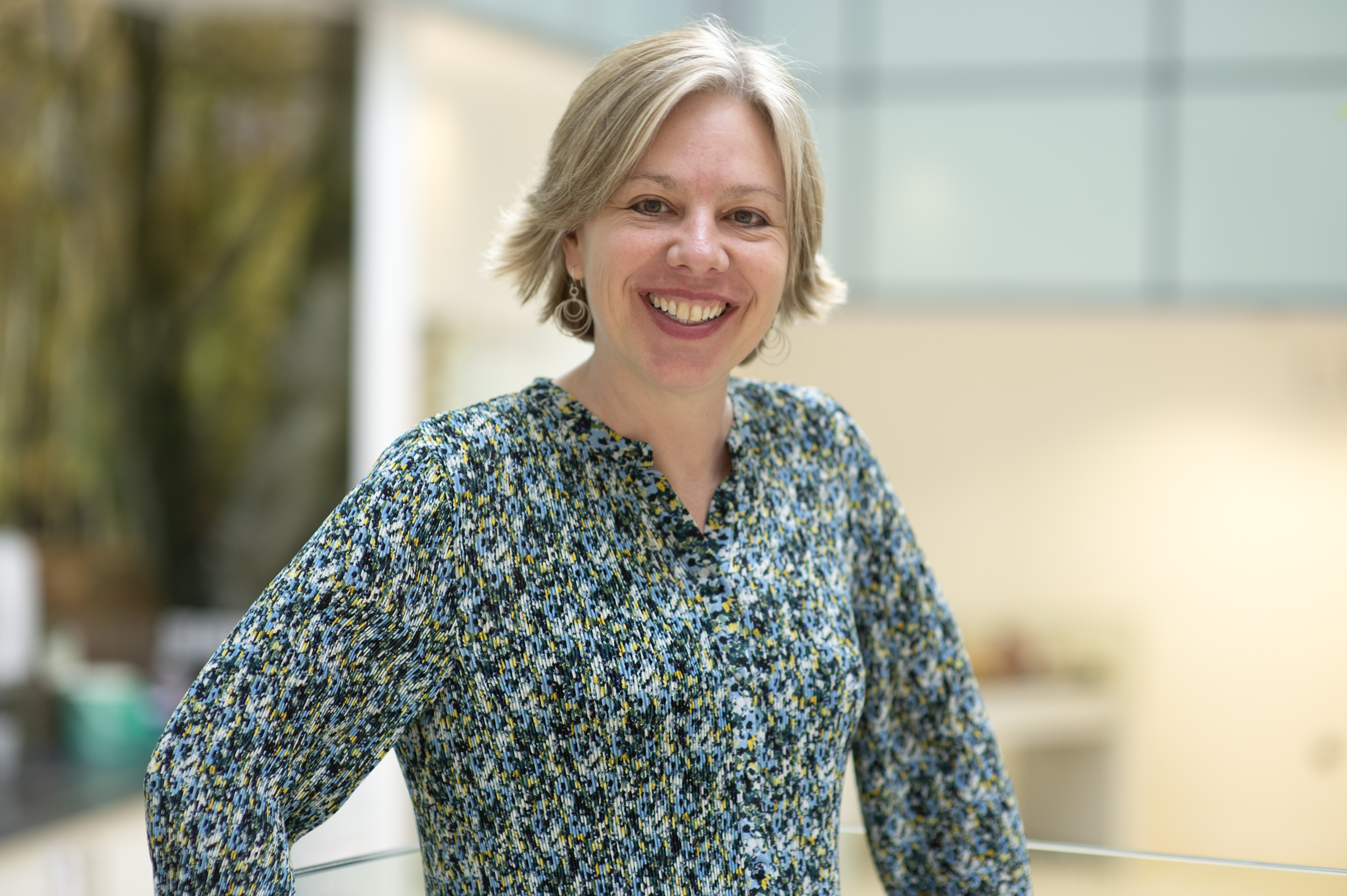
Lori Passmore
Programme Leader, MRC Laboratory of Molecular Biology
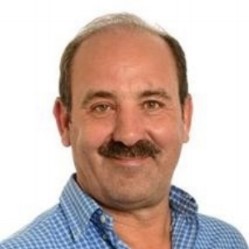
Dale Wigley
Professor, Imperial College London
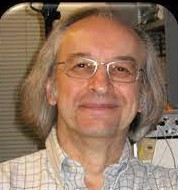
Steve Kowalczykowski
Professor, University of California, Davis
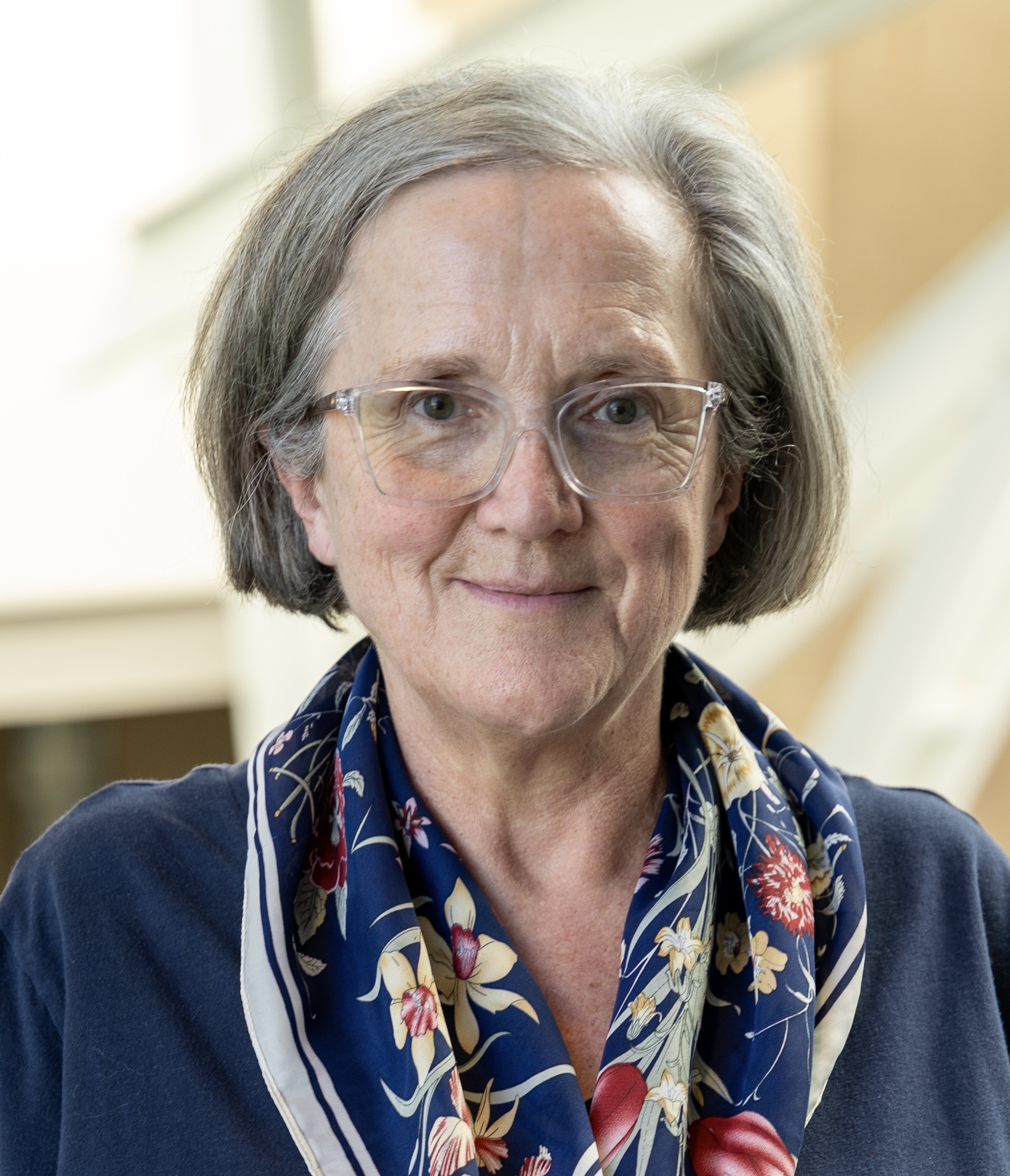
Susan Lees-Miller
Professor, University of Calgary
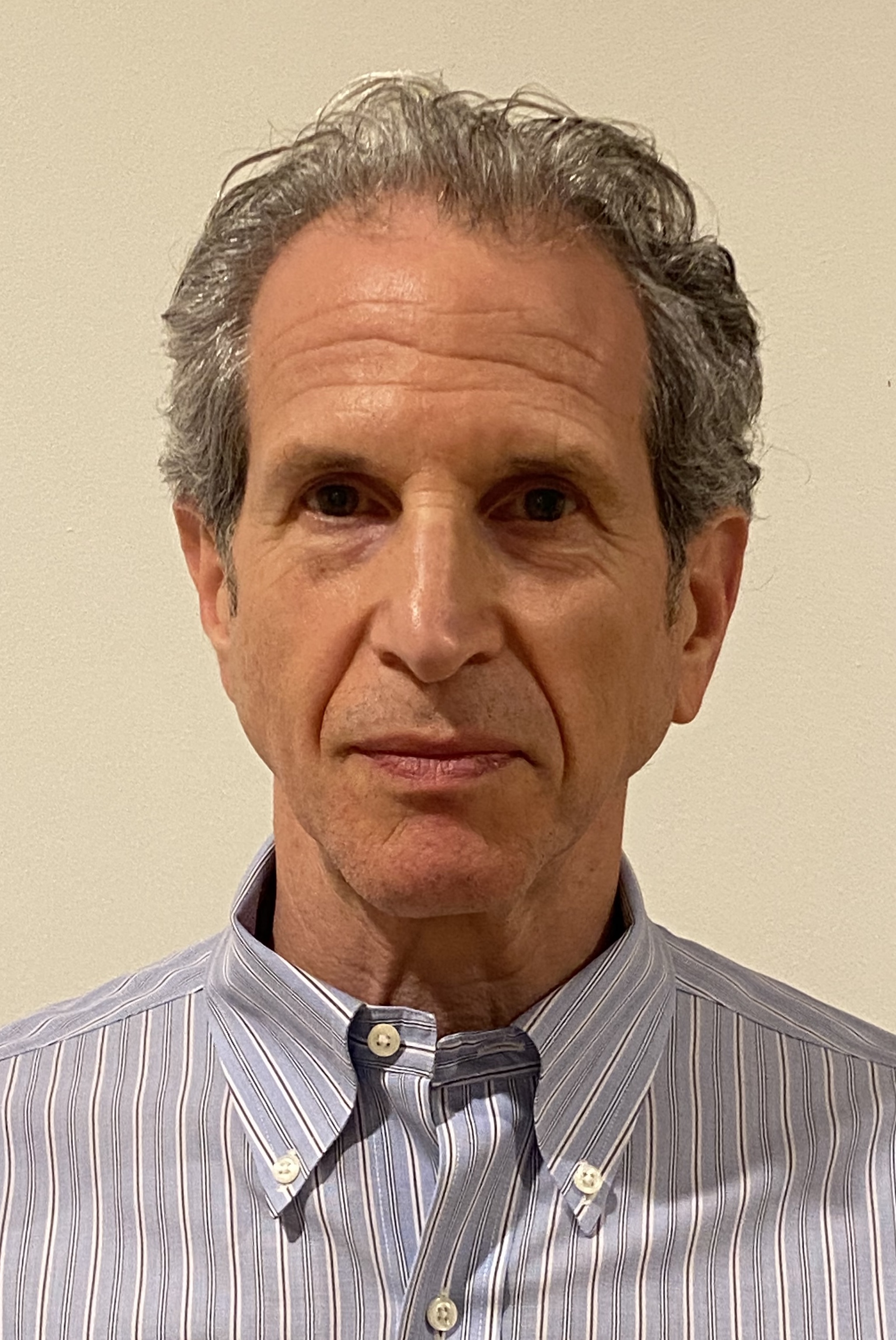
Walter Chazin
Professor and Senior Associate Dean; Founding Director, Center for Structural Biology, Vanderbilt University
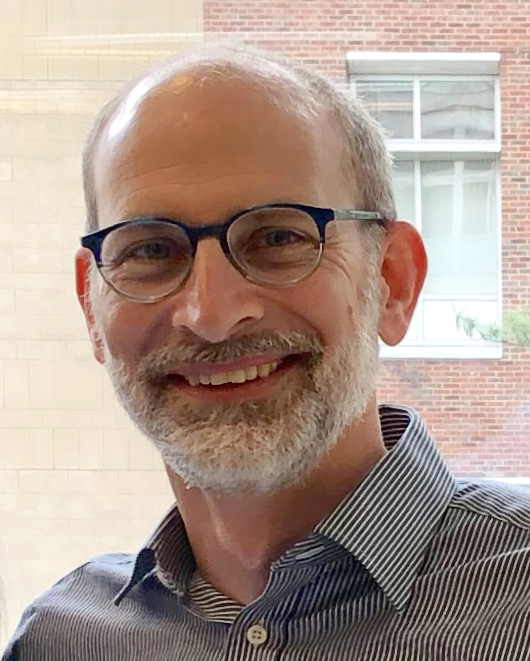
Brandt Eichman
Professor, Vanderbilt University
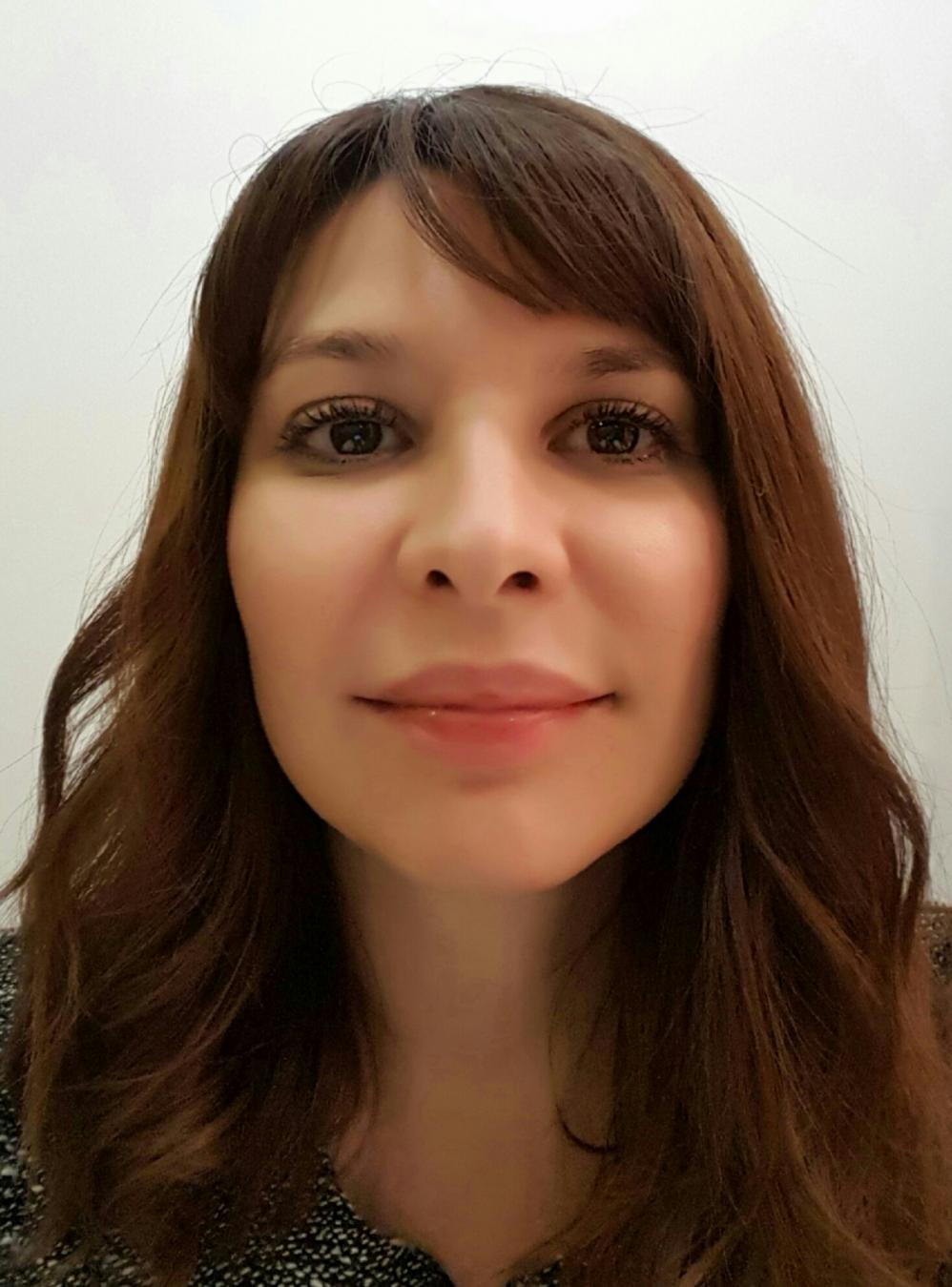
Taiana Maia de Oliveira
Senior Scientist, Astrazeneca

Mark O'Connor
Chief Scientist, AstraZeneca
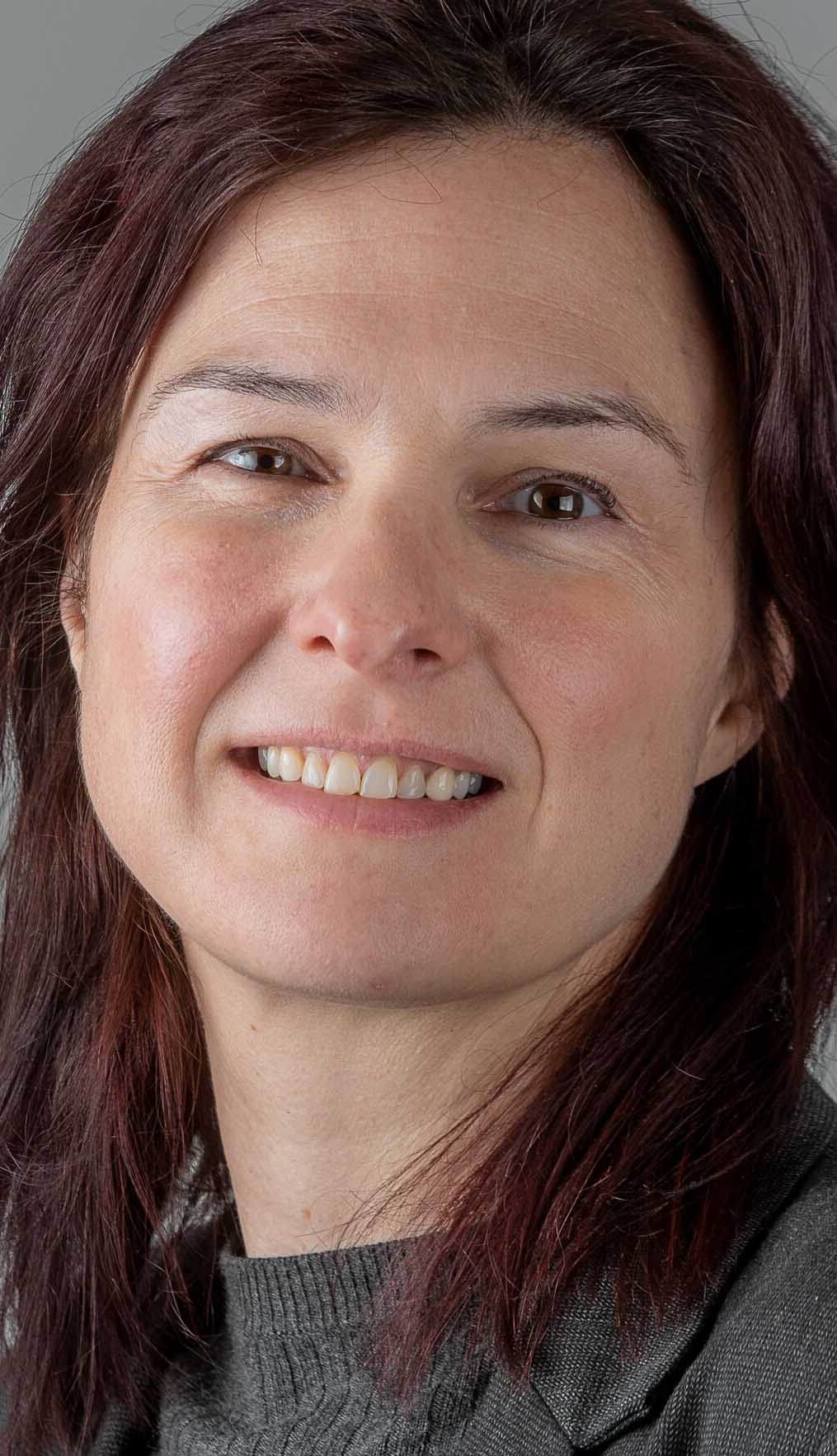
Joanna Ruth Morris
Professor of Molecular Genetics, Cancer and Genomic Sciences
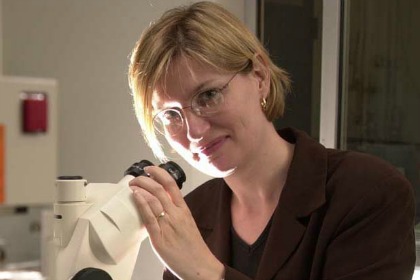
Sylvie Doublié
Professor, University of Vermont
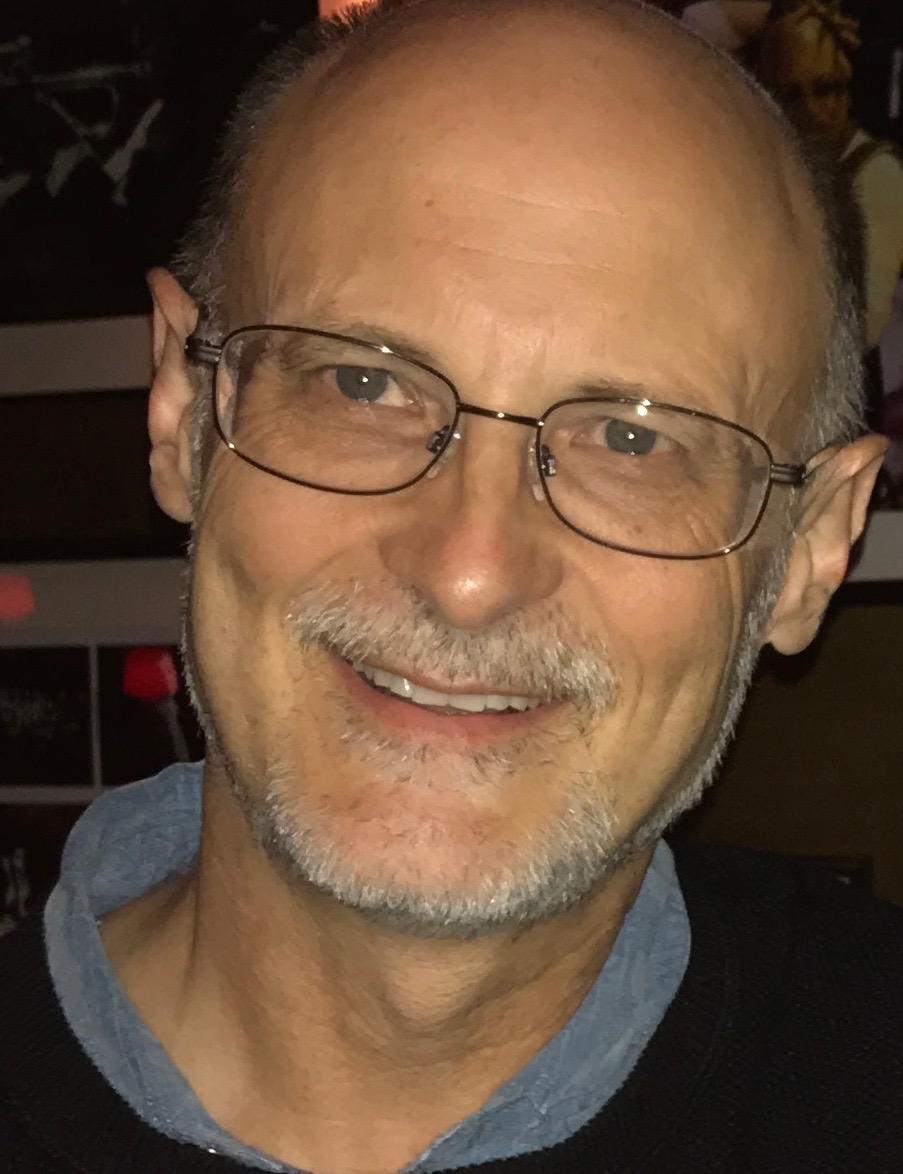
Richard Wood
Professor, The University of Texas MD Anderson Cancer Center
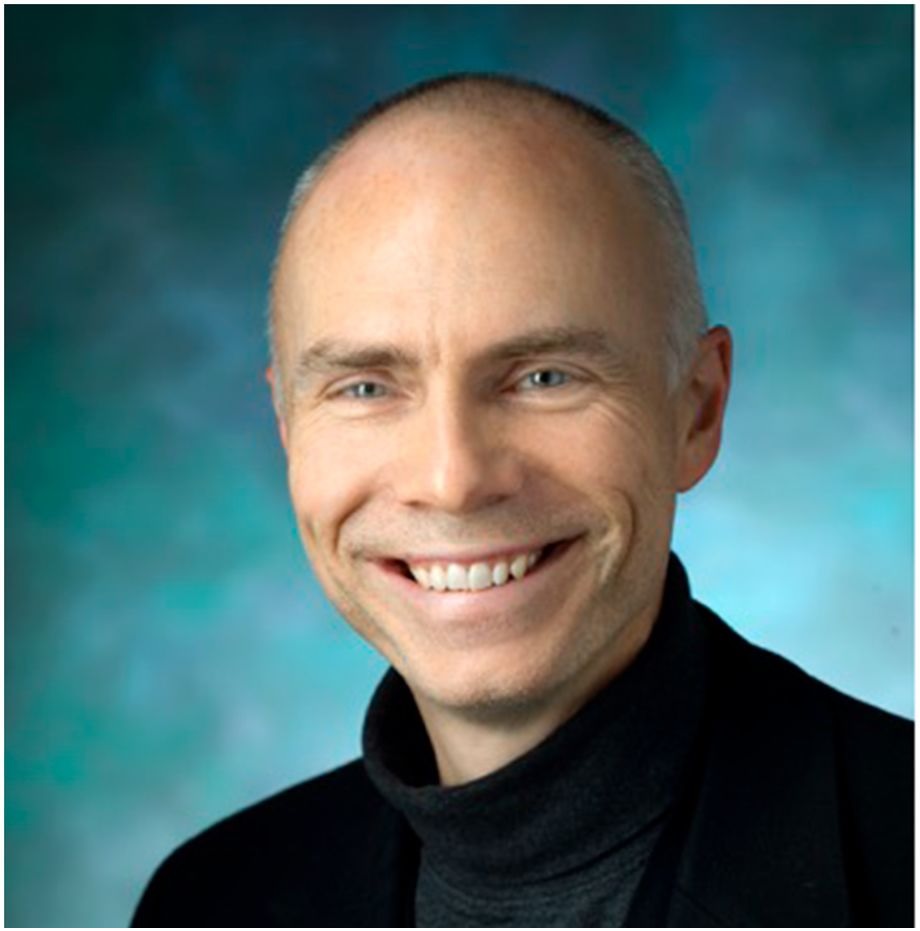
James M. Berger
Professor, Johns Hopkins University School of Medicine
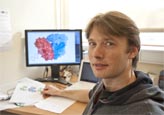
Meindert Lamers
Associate Professor, Leiden University Medical Center
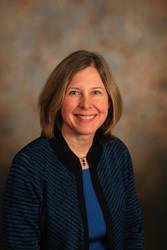
Lorena Beese
Professor, Duke University Medical Center
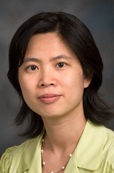
Bin Wang
Associate Professor, MD Anderson Cancer Center
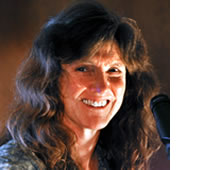
Dorothy Erie
Professor, University of North Carolina
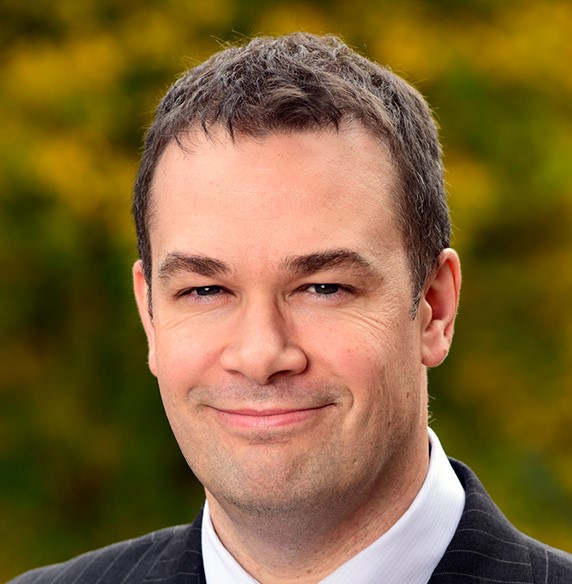
Scott Williams
Principal Investigator, NIH/NIEHS
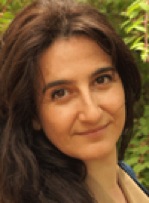
Irene Chiolo
Assistant Professor, University of Southern California, Los Angeles
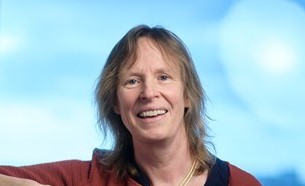
Titia Sixma
Group leader, Netherlands Cancer Institute
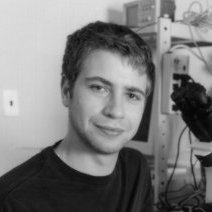
Terence Strick
Professeur, Ecole normale supérieure

Valda Vinson
Editor, Science
Programme
DISCUSSION IS VALUED: 5 MINUTES IS SAVED FOR DISCUSSION AFTER EACH TALK
SUNDAY 16TH FEBRUARY 2020 |
||
|
13:00 – 14:00 |
Student & Postdoc Networking Lunch |
|
|
14:00 – 15:00 |
Registration & Welcome Reception |
|
|
15:00 – 15:15 |
Opening Comments by John Tainer, Tom Blundell & Xiaodong Zhang |
|
|
SUNDAY PM |
Replication Mechanisms & Fidelity |
|
|
15:15 – 15:35 |
Sylvie Doublie |
SHAPING THE GENOME THROUGH DNA REPAIR |
|
15:40 – 16:00 |
James Berger |
(UN)STRUCTURAL MECHANISMS FOR INITIATING DNA REPLICATION |
|
16:05 – 16:15 |
David Jeruzalmi * |
HOW THE BACTERIAL REPLICATIVE HELICASE OPENS AND CLOSES |
|
16:20 – 16:40 |
Meindert Lamers |
STRUCTURAL FEATURES OF HIGH-FIDELITY DNA REPLICATION |
|
16:45 – 17:15 |
Meet the Poster Presenters I |
|
|
17:15 – 18:00 |
Refreshments |
|
|
18:00 – 18:30 |
Meet the Poster Presenters II |
|
|
18:30 – 18:40 |
Domi Baretic * |
THE CRYO-EM STRUCTURE OF A 1.4 MDa EUKARYOTIC REPLISOME COMPLEX AT A DNA FORK |
|
18:45 – 19:05 |
Samir Hamdan |
STRUCTURAL BASES OF THE HUMAN LAGGING STRAND DNA POLYMERASE HOLOENZYME |
|
19:10 – 19:40 |
Plenary Speaker: |
REPLISOME STRUCTURE AND OPERATING PRINCIPLES |
|
19:45 |
Group Dinner |
|
MONDAY 17TH FEBRUARY 2020 |
||
|
07:00 – 08:30 |
Breakfast at Leisure |
|
|
MONDAY AM |
Replication Instability and Cancer |
|
|
08:30 – 08:35 |
Sylvie Doublie |
Session Introduction |
|
08:35 – 08:55 |
Mark O'Connor |
OVERCOMING PARP INHIBITOR RESISTANCE BY TARGETING THE REPLICATION STRESS RESPONSE |
|
09:00 – 09:20 |
Susan Rosenberg |
TRAPPING DNA REACTION INTERMEDIATES IN LIVING CELLS |
|
09:25 – 09:35 |
Jessica Luzwick * |
MITOCHONDRIAL DNA REPLICATION FORK PROTECTION BY THE FANCONI ANEMIA PATHWAY SUPPRESSES INFLAMMATION AND DISEASE |
|
09:40 – 10:00 |
Katharina Schlacher |
BREAST CANCER AND FANCONI ANEMIA SUPPRESSOR GENE STRUCTURE, MECHANISM AND FUNCTION IN CANCER PREDICTION AND DISEASE MODELING |
|
10:05 – 11:00 |
Refreshments & Poster Viewing |
|
|
11:00 – 11:20 |
Brandt Eichman |
REPAIR AND TOLERANCE OF REPLICATION STALLING LESIONS |
|
11:25 – 11:45 |
Jo Morris |
MECHANISTIC INSIGHTS OF BRCA1 FUNCTION |
|
11:50 – 12:00 |
Sara Martin * |
LOSS OF TRANSLESION DNA POLYMERASE ζ INVOKES AN INNATE IMMUNE RESPONSE |
|
12:05 – 12:25 |
Rick Wood |
DNA POLYMERASES AND CANCER |
|
12:30 – 16:30 |
Lunch at Leisure & Free Time |
|
|
MONDAY PM |
Fanconi Anemia & the Repair/Replication Interface |
|
|
16:30 – 16:35 |
Katharina Schlacher |
Session Introduction |
|
16:35 – 16:55 |
Lori Passmore |
STRUCTURES OF KEY COMPLEXES IN FANCONI ANEMIA DNA REPAIR |
|
17:00 – 17:10 |
Martin Cohn * |
REGULATION OF THE FANCONI ANEMIA DNA REPAIR PATHWAY |
|
17:15 – 17:25 |
Matthew Bochman * |
MECHANISM OF FANCONI ANEMIA-INDEPENDENT DNA ICL REPAIR |
|
17:30 – 17:40 |
Winnie Tan * |
MONOUBIQUITINATION STABILISES FANCI:FANCD2 AS A FILAMENT ON DNA |
|
17:45 – 18:05 |
Titia Sixma |
ALLOSTERIC REGULATION OF USP1 ACTIVITY |
|
18:10 – 18:30 |
Scott Williams |
DOES FIDELITY MATTER IN THE END? MOLECULAR PRINCIPLES OF DNA LIGATION FIDELITY |
|
18:35 – 20:30 |
Poster Session & Refreshments (even poster numbers only) |
|
|
20:30 |
Group Dinner |
|
TUESDAY 18TH FEBRUARY 2020 |
||
|
07:00 – 08:30 |
Breakfast at Leisure |
|
|
TUESDAY AM |
Targeting DNA Damage Responses for Cancer Therapy |
|
|
08:30 – 08:35 |
Bin Wang |
Session Introduction |
|
08:35 – 08:55 |
Junjie Chen |
TARGETING DNA DAMAGE RESPONSE PATHWAYS IN CANCER THERAPY |
|
09:00 – 09:20 |
Steve West |
SENSITISATION OF BRCA-DEFICIENT CANCER CELLS BY TARGETING NUCLEOTIDE METABOLISM |
|
09:25 – 09:35 |
Stephen Taylor * |
DNA REPLICATION VULNERABILITIES RENDER OVARIAN CANCER CELLS SENSITIVE TO POLY(ADP-RIBOSE) GLYCOHYDROLASE INHIBITORS |
|
09:40 – 09:50 |
Joseph Newman * |
TARGETING RECQ HELICASES AS SYNTHETIC LETHAL TARGETS IN CANCER |
|
09:55 – 10:05 |
Kara Bernstein * |
NOVEL ROLES FOR THE RAD51 PARALOGS IN DNA STRAND SPECIFIC DAMAGE TOLERANCE |
|
10:10 – 10:30 |
Titia de Lange |
THE ROLE OF CST IN PARP1-TREATMENT OF BRCA1 MUTANT CANCERS |
|
10:35 – 11:20 |
Group Photo, Refreshments & Poster Viewing |
|
|
TUESDAY AM II |
RNA, Transcription and Repair |
|
|
11:20 – 11:25 |
Petr Cejka |
Session Introduction |
|
11:25 – 11:35 |
Nima Mosammaparast * |
ABERRANT RNA METHYLATION TRIGGERS RECRUITMENT OF AN ALKYLATION REPAIR AND TRANSCRIPTIONAL REPRESSOR COMPLEX |
|
11:40 – 12:00 |
Caroline Kisker |
THE MULTIFACETED CONTROL OF THE TFIIH HELICASE XPD IN NUCLEOTIDE EXCISION REPAIR AND TRANSCRIPTION |
|
12:05 – 12:15 |
Ivaylo Ivanov * |
EMERGING UNIFIED DESCRIPTION OF TRANSCRIPTION INITIATION FROM cryo-EM AND INTEGRATIVE COMPUTATIONAL MODELING |
|
12:20 – 12:30 |
Goran Kokic * |
STRUCTURAL BASIS OF TFIIH ACTIVATION FOR NUCLEOTIDE EXCISION REPAIR |
|
12:35 – 12:45 |
Susan Tsutakawa * |
DISEASE MUTATIONS IN MULTIFUNCTIONAL DNA REPAIR PROTEINS, XPG AND TFIIH |
|
12:50 – 17:00 |
Lunch at Leisure & Free Time |
|
|
TUESDAY PM |
Repairing Mismatches and Human Disease |
|
|
17:00 – 17:05 |
Samir M. Hamdan |
Session Introduction |
|
17:05 – 17:25 |
Lorena Beese |
DNA MISMATCH REPAIR MACHINES |
|
17:30 – 17:50 |
Dorothy Erie |
SINGLE-MOLECULE FLUORESCENCE AND AFM STUDIES OF DNA MISMATCH REPAIR |
|
17:55 – 18:05 |
Christopher E. Pearson * |
TOWARDS THERAPEUTICALLY MODULATING DISEASE-ASSOCIATED REPEAT INSTABILITY |
|
18:10 – 18:20 |
Sheila David * |
FISHING FOR DNA DAMAGE: STRUCTURAL INSIGHTS INTO MUTYH RECOGNITION OF 8-OXOGUANINE:A MISMATCHES |
|
18:25 – 20:30 |
Poster Session & Refreshments (odd poster numbers only) |
|
|
20:30 |
Group Dinner |
|
WEDNESDAY 19TH FEBRUARY 2020 |
||
|
07:00 – 08:30 |
Breakfast at Leisure |
|
|
WEDNESDAY AM |
DNA Double-Strand Break Repair: Homologous Recombination and Cancer Biology |
|
|
08:30 – 08:35 |
Kara Bernstein |
Session Introduction |
|
08:35 – 08:55 |
Steve Kowalczykowski |
SEEING AND UNDERSTANDING BRCA1, BRCA2, AND RAD51, ONE MOLECULE AT A TIME |
|
09:00 – 09:10 |
Petr Cejka * |
CtIP PROMOTES THE MOTOR ACTIVITY OF DNA2 TO ACCELERATE LONG-RANGE DNA END RESECTION |
|
09:15 – 09:25 |
Piero Bianco * |
THE MECHANISM OF SSB-RecG BINDING: IMPLICATIONS FOR SSB INTERACTOME FUNCTION |
|
09:30 – 09:40 |
Jessica Tyler * |
THE DREAM TRANSCRIPTIONAL REPRESSOR COMPLEX PREVENTS THE EXPRESSION OF THE HR MACHINERY AND THE INITIATION OF HR IN G1-PHASE CELLS |
|
09:45 – 10:05 |
Terence Strick |
NANOMECHANICAL DETECTION OF SINGLE- AND DOUBLE-STRAND BREAK REPAIR |
|
10:10 – 10:20 |
Jeff Lengyel * |
THE LATEST AND GREATEST IN CryoEM |
|
10:25 – 11:00 |
Refreshments & Poster Viewing |
|
|
WEDNESDAY AM II |
DNA Double-Strand Break Repair: NHEJ Machines and Cancer Biology |
|
|
11:00 – 11:05 |
Martin Cohn |
Session Introduction |
|
11:05 – 11:25 |
Tom Blundell & Antonia Kefala Stavridi |
UNDERSTANDING NHEJ THROUGH STRUCTURAL BIOLOGY: NEW DEVELOPMENTS IN cryo-EM FOR DNA-PKcs, Ku AND ARTEMIS INTERACTIONS |
|
11:30 – 11:50 |
Susan Lees-Miller |
NOVEL ROLES OF DNA-PKcs |
|
11:55 – 12:15 |
Taiana Oliveira |
STRUCTURAL INSIGHTS INTO THE CRITICAL DNA DAMAGE SENSORS DNA-PKCS, ATM AND ATR |
|
12:20 – 12:30 |
Maga Rowicka * |
DOUBLE-STRAND DNA BREAKS: QUANTITATIVE MAPPING AND COMPUTATIONAL MODELING OF MECHANISMS |
|
12:35 – 12:45 |
Michal Szymanski * |
INTERPLAY BETWEEN DNA REPLICATION AND REPAIR IN HUMAN MITOCHONDRIA |
|
12:50 – 16:30 |
Lunch at Leisure & Free Time |
|
|
WEDNESDAY PM |
Chromatin Remodeling |
|
|
16:30 – 16:35 |
Jessica Tyler |
Session Introduction |
|
16:35 – 16:55 |
Valda Vinson |
OPENING THE BLACK BOX: AN EDITOR’S PERSPECTIVE ON SCIENTIFIC PUBLISHING |
|
17:00 – 17:20 |
Dale Wigley |
STRUCTURAL AND MECHANISTIC STUDIES OF THE SWR1 HISTONE EXCHANGE COMPLEX |
|
17:25 – 17:45 |
Irene Chiolo |
NUCLEAR AND CHROMATIN DYNAMICS FOR HETEROCHROMATIN REPAIR |
|
17:50 – 18:00 |
Yoshimasa Takizawa * |
CHROMATIN STRUCTURE AND DYNAMICS AS THE PLATFORM FOR DNA REPAIR |
|
18:05 – 18:35 |
Plenary Speaker: |
STRUCTURAL STUDIES OF CHROMATIN REMODELLER |
|
18:40 – 20:00 |
Refreshments & Poster Viewing |
|
|
20:00 – 23:00 |
Gala Dinner & Poster Awards |
|
THURSDAY 20TH FEBRUARY 2020 |
||
|
07:00 – 08:35 |
Breakfast at Leisure |
|
|
THURSDAY AM |
DNA Damage Checkpoint, Repair and Disease |
|
|
08:35 – 08:40 |
Nima Mosammaparast |
Session Introduction |
|
08:40 – 09:00 |
Xiaodong Zhang |
STRUCTURES AND MECHANISMS OF KEY COMPONENTS IN DNA DAMAGE SIGNALLING AND REPAIR |
|
09:05 – 09:25 |
Walter Chazin |
STRUCTURE AND MECHANISM OF THE CORE SCAFFOLDING OF NER |
|
09:30 – 09:40 |
Bor-Jang Hwang * |
THE ROLE OF CHECKPOINT CLAMP IN DNA REPAIR |
|
09:45 – 10:15 |
Refreshments |
|
|
THURSDAY AM II |
Damage Sensing and “Canaries in the Coal Mine” |
|
|
10:15 – 10:20 |
Karl Peter Hopfner |
Session Introduction |
|
10:20 – 10:40 |
Bin Wang |
UBIQUITIN MODIFICATION IN DNA DAMAGE RESPONSE |
|
10:45 – 10:55 |
Katherine Amidon * |
PROTECTION OF ABASIC SITES IN DNA BY A NATIVELY-OCCURRING THIAZOLIDINE DNA-PROTEIN CROSSLINK |
|
11:00 – 11:20 |
Ben Van Houten |
WATCHING COOPERATIVE INTERACTIONS BETWEEN BASE AND NUCLEOTIDE EXCISION REPAIR PROTEINS |
|
11:25 – 11:45 |
John Tainer |
ATPases AT DNA REPLICATION FORKS AND BREAKS |
|
11:50 – 12:00 |
Closing Comments by Tom Blundell, John Tainer & Xiaodong Zhang |
|
Supported by
Interested in sponsoring this conference?
Contact usVenue & Location
Melia Nassau Beach All Inclusive
Overlooking one of the finest beaches in the world the Meliá Nassau Beach is surrounded by crystal blue waters and white sandy beaches. Located on the stunning Cable Beach, you are just a few minutes walk from the center, shops and restaurants. The beautiful Nassau Botanical Gardens are within easy reach (7km) and Lynden Pindling International Airport is situated only 9km away.
Throughout your stay delegates will enjoy a full meal plan, inclusive of beverages. Take your pick from Cilantro where you can experience the natural textures, aromas and flavors of Mexico, Nikkei, celebrated for its exquisite fusion of Japanese, Cantonese and Peruvian cuisine featuring a sushi bar and Teppanyaki tables, Estavida, an upbeat tapas lounge located in the hotel lobby serving innovative tapas and a wide selection of cocktails, Aqua, an A la carte restaurant specializing in exquisite, rustic Italian cuisine, The Market Place, where you will find an International buffet serving an array of exquisite dishes, O'Grille, an open air restaurant with fabulous views of the sea and pool serving casual beach fare and light bites and finally The Black Angus, a steakhouse featuring hip, contemporary jazz and modern decor, offering guests the finest quality prime cuts and the freshest ingredients.(This restaurant is not included in the all inclusive package, additional charges apply). The Gala Night takes place on the third evening of the conference with a mouth-watering feast of local cuisine, an open bar and amazing local entertainment. We welcome all delegates and their accompanying persons to the Gala Night – a truly fun filled night not to be missed!
Hotel Facilities
- 24 hour reception
- Room service
- 3 heated outdoor pools
- Complimentary resort wide Wi-Fi (guest rooms, throughout hotel, beach and conference areas)
- 24-hour Fitness Center
- 7 dining venues
- 4 bars.
- non-motorised water sports
The Bahamas is formed by over 700 islands, keys and islets located in the Atlantic Ocean and renowned for its warm sunshine, mild climate, fine, white sandy beaches, turquoise, crystal clear water and friendly people, making this the perfect environment to relax and unwind in your free time during the conference.
General Information
Venue Rating
★ ★ ★ ★
Currency
US Dollar (USD)
Address
Nassau W Bay St. Nassau Bahamas
Nearest Airport
Lynden Pindling International Airport
Location
The Melia Nassau Beach All-Inclusive is located right on the stunning Cable Beach just a few minutes away from the airport and city center; Nearby in Downtown Nassau you can experience the flavours of new foods at local restaurants, shop 'til you drop at Straw market or take a trip through time at the Pirates Museum. The beautiful Nassau Botanical Gardens are close by and water enthusiasts can enjoy non-motorized water sports right on property.
Nassau is the capital of the Bahamas. It lies on the island of New Providence, with neighboring Paradise Island accessible via Nassau Harbor bridges. The city has a hilly landscape and is known for it's fabulous beaches as well as its offshore coral reefs, popular for diving and snorkeling. It retains many of its typical pastel-colored British colonial buildings, like the pink-hued Government House.
Conference History
If you are interested in this meeting but not yet ready to register, you can sign up for updates here and our team will keep you updated regarding deadline reminders and grant opportunities relating to this meeting only.
If you're interested in sponsoring this conference please contact us.
Conference Manager

Laura Trundle
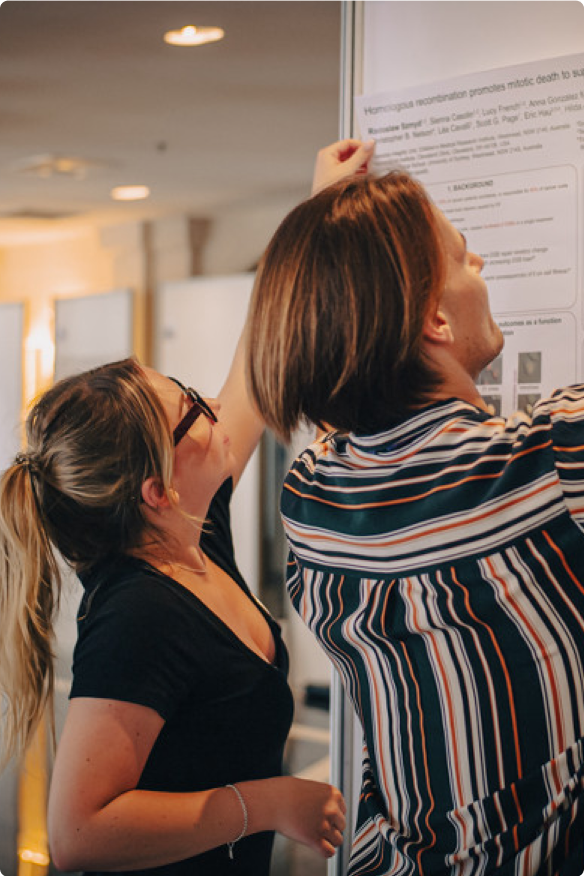
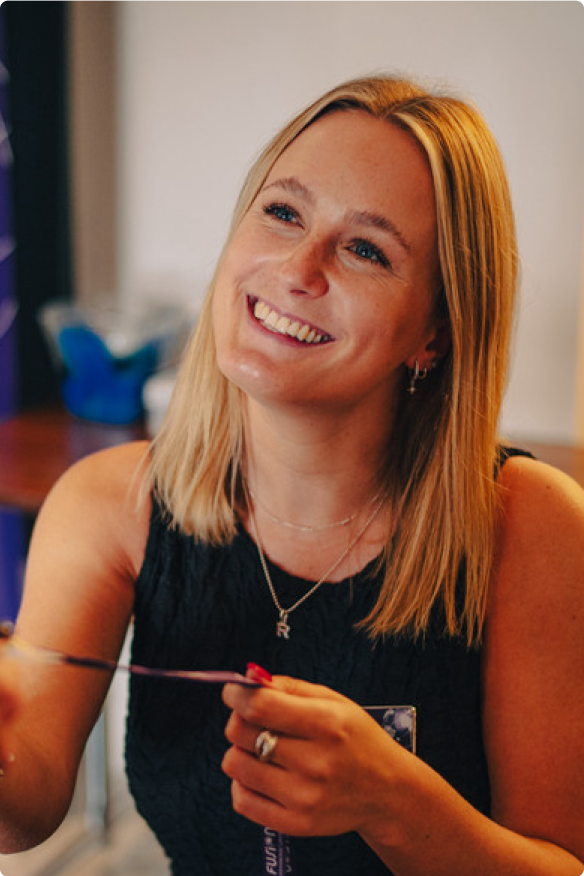
Need some help? Chat to the Fusion team today
As a family run business, our dedication runs deep. We’re committed to each other and, even more so, to every attendee’s experience, delivering a level of care and passion that’s truly unmatched.
